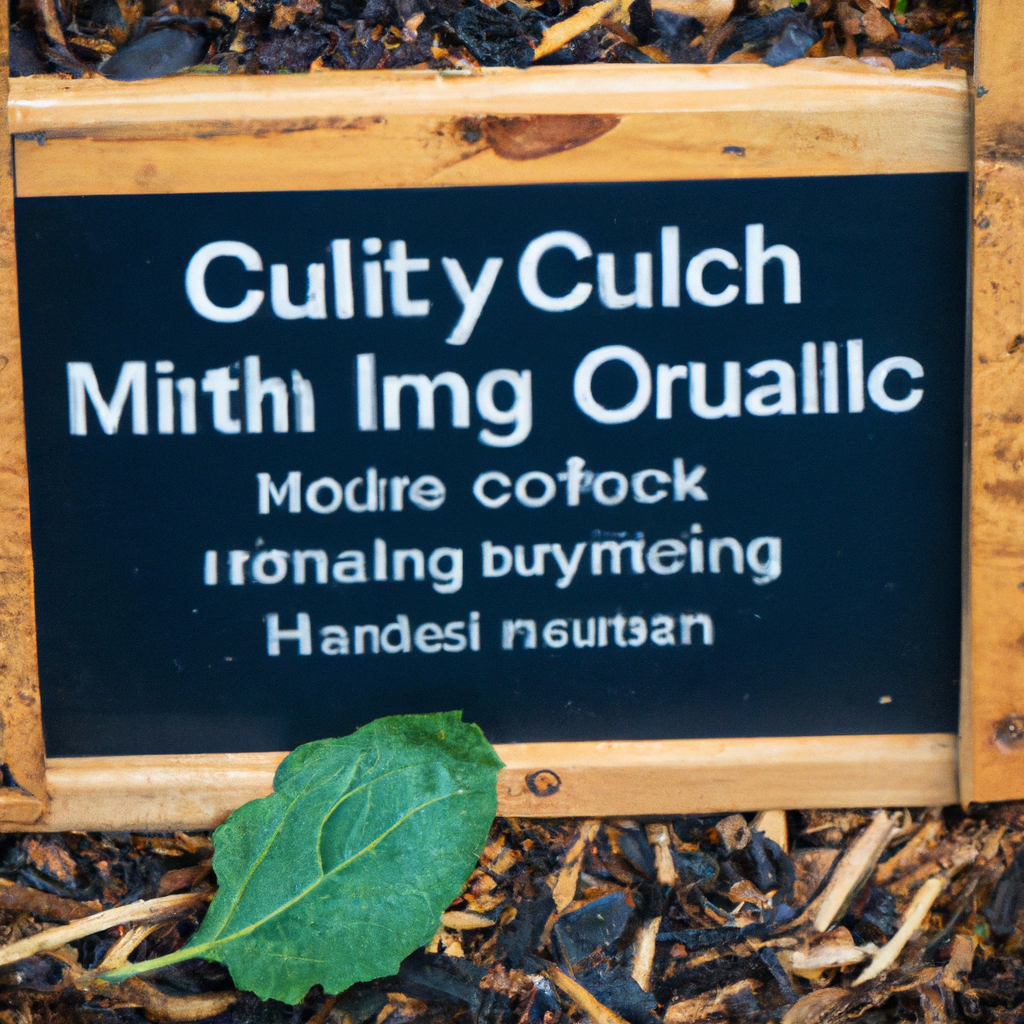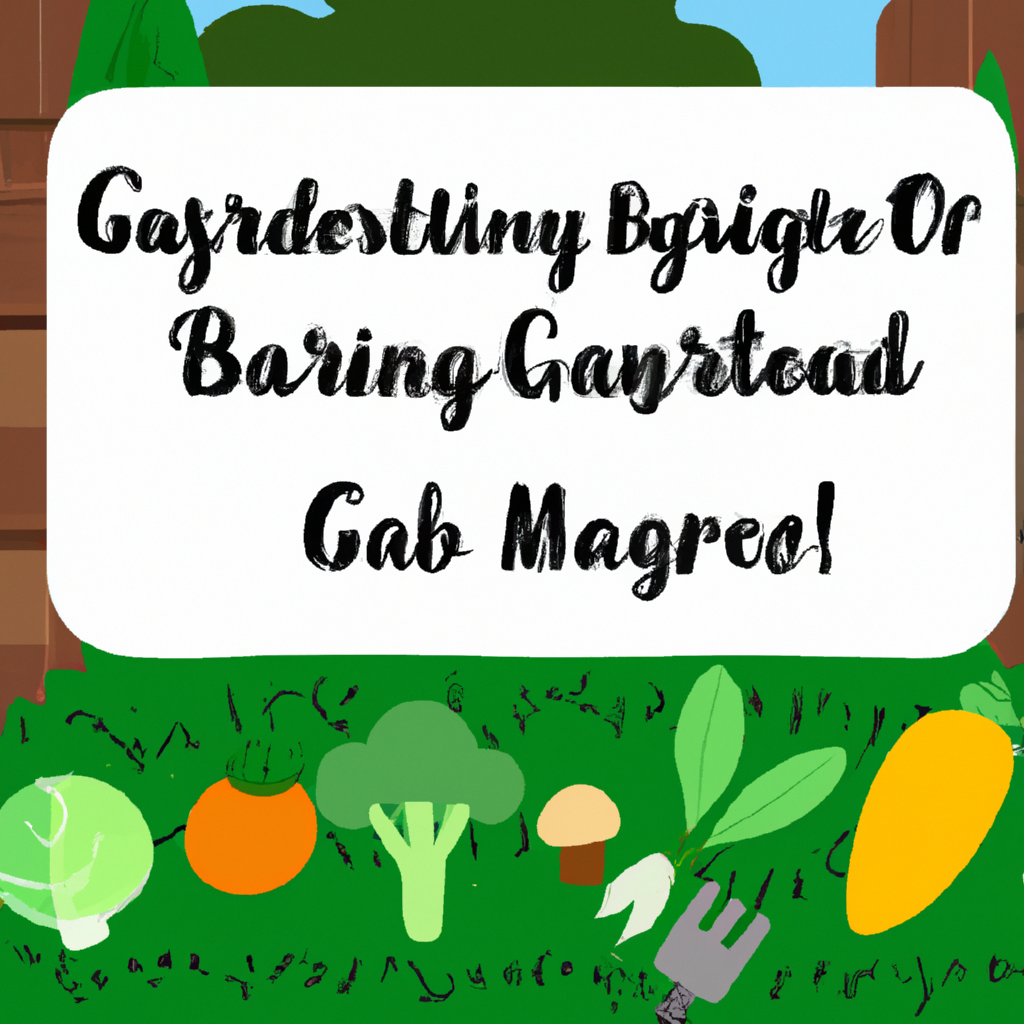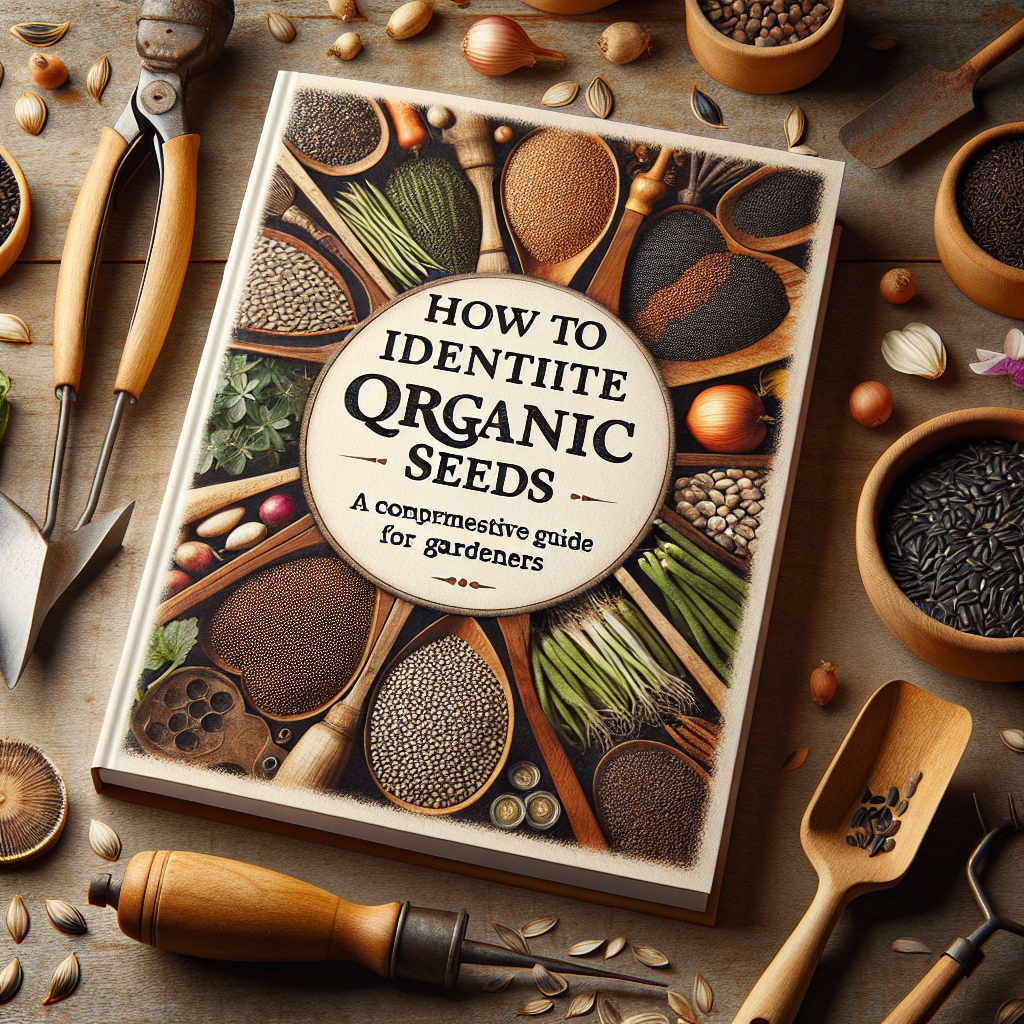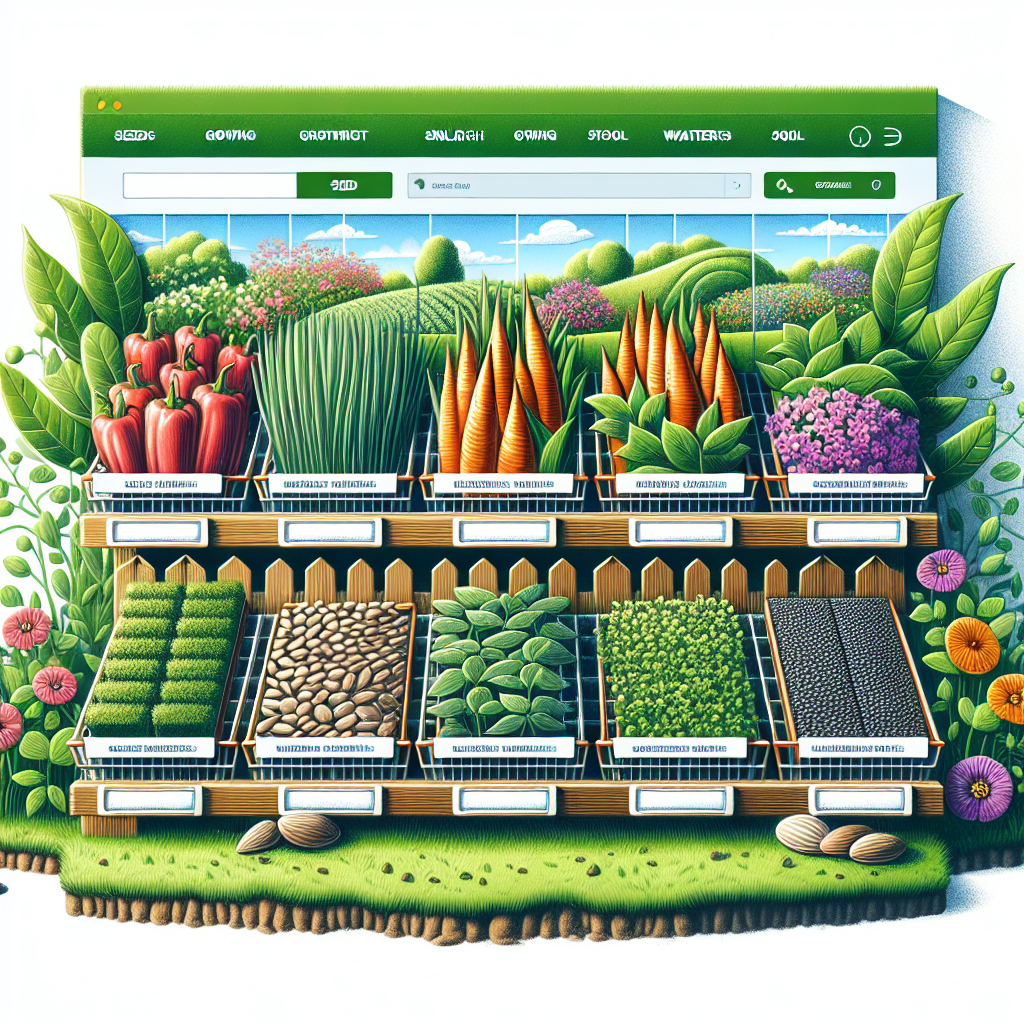Introduction to Mulching in Organic Gardening
Mulching is one of the most fundamental practices in organic gardening, providing a range of benefits that promote soil health, moisture retention, and weed suppression. In this comprehensive guide, we’ll explore how using mulch in organic gardening can transform your garden beds, support sustainable growth, and enrich your soil naturally. Whether you’re a seasoned permaculturist or a beginner looking to start a vegetable patch, understanding the role of mulch is key to cultivating a productive and eco-friendly garden.
What Is Mulch? Types and Benefits
Mulch refers to any organic or inorganic material spread over the surface of the soil as a protective layer. In organic gardening, natural mulches like straw, wood chips, grass clippings, leaf mold, and compost are preferred because they decompose and improve soil structure. Mulch serves multiple functions, including:
- Retaining soil moisture by minimizing evaporation
- Suppressing weeds and reducing the need for manual weeding
- Regulating soil temperature, keeping it cooler in summer and warmer in winter
- Improving soil fertility as organic mulch breaks down
- Preventing soil erosion during heavy rains
- Encouraging beneficial microbes and earthworms in the soil
Related Topics and LSI Keywords
When discussing using mulch in organic gardening, it’s essential to touch on related concepts such as natural weed control, soil enrichment, moisture conservation, garden sustainability, organic matter, healthy soil biology, and permaculture techniques. These Latent Semantic Indexing (LSI) keywords highlight the multifaceted benefits of mulching in an organic setting.
Best Types of Organic Mulch for Your Garden
Choosing the right mulch is crucial for maximizing the benefits in your organic garden. Here are some popular organic mulch options:
- Straw
- Excellent for vegetable gardens. It’s lightweight, easy to spread, and breaks down to improve soil texture. Avoid hay, as it may contain weed seeds.
- Wood Chips & Bark
- Ideal for perennial beds, fruit trees, and pathways. They break down slowly and offer long-term weed suppression.
- Grass Clippings
- A good option if you have untreated lawns. Use thin layers to avoid matting and odor.
- Leaf Mold
- Decayed leaves make an excellent mulch rich in organic matter, perfect for building healthy soil.
- Compost
- Partially decomposed organic matter boosts soil nutrients and microbial life.
- Pine Needles
- Good for acid-loving plants like blueberries or azaleas.
How to Use Mulch in Your Organic Garden: Step-by-Step Guide
- Prepare Your Soil: Remove weeds, water the soil deeply, and add compost if needed.
- Choose the Right Mulch: Select an organic mulch that suits your plants and climate.
- Apply Mulch Evenly: Spread a 2-4 inch layer of mulch around plants, leaving a gap around stems to prevent rot.
- Replenish as Needed: Organic mulches decompose over time. Top up once or twice a year to maintain effectiveness.
- Monitor Moisture: Check soil moisture regularly to ensure optimal hydration, especially during dry spells.
Pro Tip: Use coarser mulch for paths and perennial beds, and finer mulch like compost for annual vegetables and seedlings.
Benefits of Mulching for Sustainable and Organic Gardening
Using mulch in organic gardening is a cornerstone of sustainable horticulture and permaculture. Here’s how mulch contributes to a thriving, eco-friendly garden:
- Reduces Water Usage: Mulch drastically cuts down on irrigation needs by locking moisture in the soil, which is especially valuable in drought-prone regions.
- Fosters Biodiversity: A healthy layer of mulch encourages beneficial insects, microbes, and earthworms, supporting a balanced garden ecosystem.
- Builds Soil Health: As mulch decomposes, it adds humus and organic matter, improving soil fertility and structure.
- Prevents Soil Erosion: Mulch acts as a barrier against heavy rains and wind, keeping soil in place.
- Reduces Soil Compaction: Mulch creates a protective buffer, reducing the impact of heavy rainfall and foot traffic.
- Minimizes Weeds Naturally: By blocking sunlight, mulch suppresses weed germination without synthetic herbicides.
Common Mulching Mistakes in Organic Gardening
While mulching is generally straightforward, gardeners can sometimes make mistakes that limit its effectiveness. Avoid these common errors:
- Piling Mulch Against Plant Stems: This can lead to rot and invite pests. Always leave a small gap around stems.
- Using Inorganic or Contaminated Materials: Stick to natural, organic matter free from pesticides or herbicides.
- Applying Too Much Mulch: Excessive mulch can suffocate roots and limit air exchange. Stay within the recommended 2-4 inch depth.
- Letting Mulch Mat: Fine mulches like grass clippings can form a barrier; always fluff and apply thin layers.
Seasonal Mulching Tips for Year-Round Garden Health
Adjusting your mulching practices with the seasons helps maximize benefits:
- Spring: Apply mulch after the soil warms up to encourage healthy plant growth. This also helps jumpstart soil microbial activity.
- Summer: Mulch helps retain moisture during hot weather and reduces heat stress on plants.
- Autumn: Use fallen leaves as mulch and prepare beds for winter. Mulch helps insulate roots from temperature fluctuations.
- Winter: A thick layer of mulch protects perennials and overwintering crops from freezing temperatures.
Frequently Asked Questions About Using Mulch in Organic Gardening
- Can I use cardboard or newspaper as mulch?
- Yes, plain cardboard and newspaper (without colored inks) make excellent weed barriers when topped with organic mulch.
- How often should I replace mulch?
- Most organic mulches need replenishing once or twice per year, especially after heavy rains or decomposition.
- Will mulch attract pests?
- Organic mulch can harbor insects, but a healthy garden ecosystem will balance pests with beneficial predators. Avoid mulching too close to plant stems to deter slugs and rodents.
- Is mulch suitable for all plants?
- Most plants benefit from mulch, but some heat-loving herbs (like lavender) prefer less moisture. Always research specific plant needs.
Conclusion: Embrace Mulching for a Greener, Healthier Garden
Mulching is an indispensable technique in organic gardening, offering a host of advantages for both your plants and the environment. By selecting the right mulch, applying it correctly, and tailoring your approach to seasonal needs, you can enjoy lush, resilient gardens with minimal effort. Start using mulch in your organic garden today and watch your soil—and your harvest—flourish!



